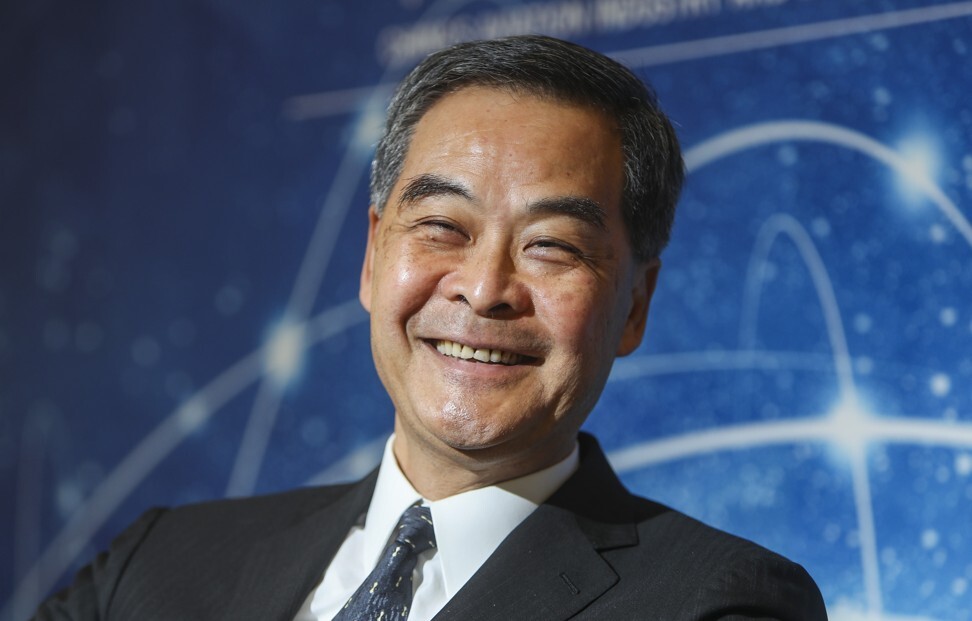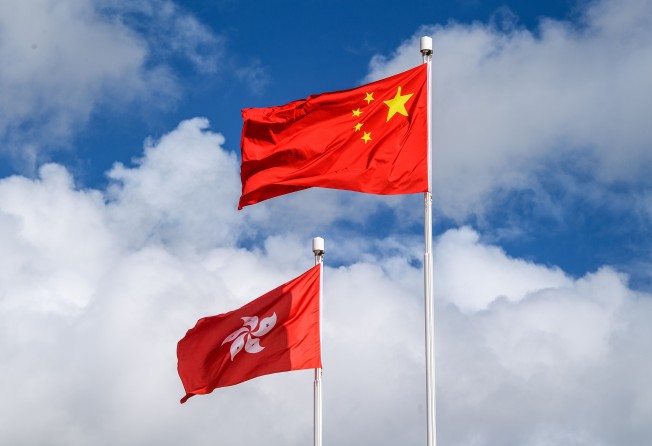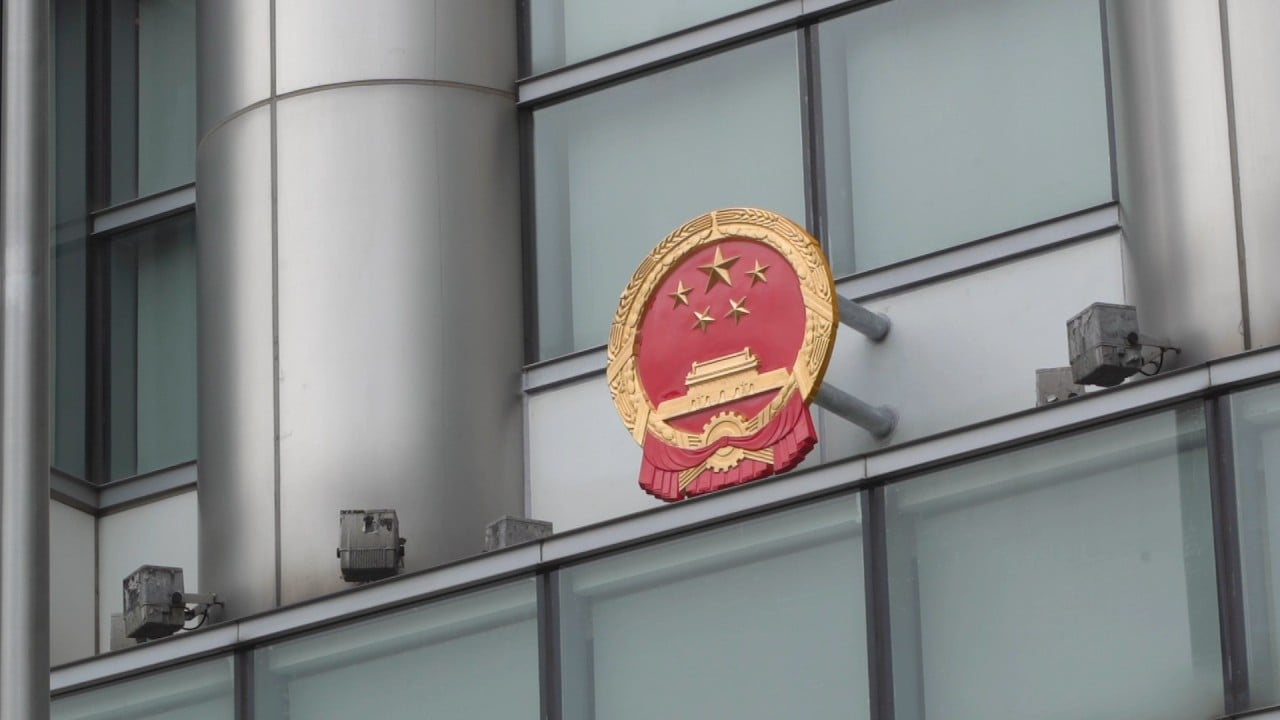
Former Hong Kong leader C Y Leung accuses opposition of possible secession by trying to sideline Beijing from city’s governance
- Carrie Lam’s predecessor says opposition leaders’ tactics could put them in violation of one of the four offences outlawed by the national security legislation
- He says Hong Kong has been abusing ‘one country, two systems’ to allow itself to become a ‘recruitment centre of subversion’

Former Hong Kong leader Leung Chun-ying has accused the opposition of possible secession by trying to remove Beijing from the equation in the city’s governance.
In a pre-recorded message broadcast on government radio on Sunday, Leung also dismissed the suggestion that the central government’s decision to impose the national security law on Hong Kong had undermined the “one country, two systems” principle, under which the city was guaranteed a high degree of autonomy.
“One country, two systems is alive and well. So are the freedoms that Hong Kong people enjoy,” said Leung, who was Hong Kong’s chief executive from 2012 to 2017.

Leung said the city was given the responsibility of enacting its own laws to safeguard national security, but in the 23 years since its return to Chinese rule had failed to fulfil that obligation.
“In the absence of such laws, we have seen in recent years increasing threats to national security. Both the Chinese government and the people on the mainland are rattled,” he said.
“Hong Kong as a whole was seen as abusing its high degree of autonomy and allowing itself to be used as a base and recruitment centre of subversion.”
Leung, currently a vice-chairman of the Chinese People’s Political Consultative Conference, the country’s top advisory body, said he was driven to comment on the nature of democracy in Hong Kong, as a city under Beijing rule, by the trend for opposition leaders to describe themselves as pro-democracy and targets of the new law.

04:35
What does ‘one country, two systems’ mean?
Leung said the powers of the city’s chief executive derived from the central government and were much broader than those held by the mayors of London, Tokyo and New York.
He noted that while the city’s chief executive was elected by a 1,200-member Election Committee, the power of appointment after that process was held by Beijing.
“So it is the combination of the two mandates, one from the Hong Kong electorate and the other from the Chinese central government, that gives the chief executive wide-ranging powers and Hong Kong the high degree of autonomy,” he said.
“The pan-democrats wanted to remove the central government from this equation and maintain the powers of the chief executive. This is not democracy. It is secession by any definition.”
The national security law, which took effect on June 30, aims to stop and punish acts of secession, subversion, terrorism and collusion with foreign forces to endanger national security, and carries a maximum penalty of life imprisonment.

02:45
Hong Kong hotel becomes home to Beijing’s new national security office in the city
Beijing’s Office for Safeguarding National Security, whose Causeway Bay headquarters were inaugurated on Wednesday, oversees the implementation of the new law.
But legal scholars and opposition politicians have voiced concern over what they see as a draconian new regimen, pointing to the expansive powers granted to the new agency.
While mainland agents will have to observe local laws, they will not be under Hong Kong jurisdiction while carrying out their duties.
Writing on his blog on Sunday, Chief Secretary Matthew Cheung Kin-chung said the legislation had a strong “safety net” in Hong Kong and put an end to the period when the city was “defenceless” in the fight to protect national security.
The city’s No 2 official also brushed aside fears of capital flight from Hong Kong, saying the financial markets had been functioning smoothly.